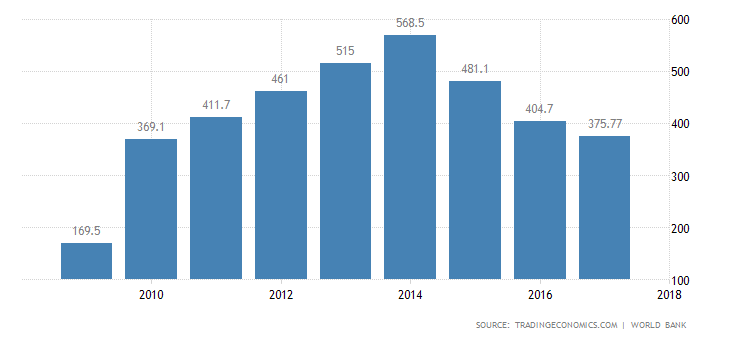On behalf of the National Council and Management of the Nigerian Stock Exchange, I welcome you all to the symposium on Finance Act 2019. We are truly pleased to host this event in collaboration with KPMG and believe that the symposium will be of immense value to you all.
As you are all aware, the Finance Bill 2019 was presented to the National Assembly by the Federal Government of Nigeria on October 8, 2019 to promote fiscal equity, reform domestic tax laws, introduce tax incentives for investments in infrastructure and capital markets, support small businesses and raise revenues for the Government. The Finance Bill which was signed to law by the President on January 13, 2020, introduced changes to the Value Added Tax Act, Petroleum Profits Tax Act, Companies Income Tax Act, Personal Income Tax Act, Capital Gains Tax Act, Customs and Excise Tariff Etc. (Consolidation) Act and Stamp Duties Act.
The signing of the Finance Bill into law represents a landmark achievement for the Nigerian Capital Market. Since 2014, the Exchange alongside the Securities and Exchange Commission (SEC) as well as other capital market stakeholders have been at the forefront of advocacy with policy makers and tax authorities for favourable tax structures for primary and secondary market activities in the Nigerian Capital Market. This includes tax incentives for public companies and capital market investors, removal of double taxation in CIS and REITs as well as manufactured dividend in securities lending to mention a few.
The elimination of double taxation in Collective Investment Schemes (CIS) including Real Estate Investment Structures as pronounced by the act is expected to have a significant impact on the growth of the currently nascent $2.77Bn asset management industry in Nigeria. We have convened committees and conferences to dimension the real estate industry and the necessary policy changes required to jumpstart financing into the sector, and so this positive policy announcement is a good start towards increasing the viability of REITs for issuers and investors. With the nation’s housing deficit put at 17Mn units as estimated by the African Development Bank, I believe strongly that REITs and other real estate investment vehicles will play a critical role in funding real estate and infrastructure development in Nigeria.
We also expect an exponential growth in Securities lending activities which will further boost market liquidity given the elimination of tax on manufactured dividend arising from securities loan transaction. Whilst there have been some improvements with c.20million units of shares currently available for lending, the multiple taxation embedded in an SLB arrangement has slowed down its adoption in the Nigerian Capital Market despite being a $2.44Tn market globally. The recent amendment to the tax laws by the Finance Act 2019 is in line with global best practices for Securities Lending and I want to seize this opportunity to enjoin capital market operators and asset owners to take advantage of the benefits in expressing your views of the market via short or long positions.
Furthermore, the pronouncement in the Finance Act which exempts micro and small enterprises with an annual turnover of N25 million ($70,000) or less from paying company income tax aligns with the Exchange’s commitment to SMEs as recently demonstrated with the launch of our growth board segment dedicated to fast growing companies seeking to raise public capital. SMEs and growth companies in our ecosystem can now enjoy tax benefits thereby improving their operational efficiency.
I believe everyone present, i.e. investors, listed and prospective companies, and Capital Market Operators (CMOs) are expectant that this symposium will clarify the elements of the Finance Act 2019 and its impact on your operations. Some of the key thematic areas that may be of interest are tax incentives relating to investment in capital markets and the ease of doing business for companies.
The Exchange remains a trusted partner for companies seeking equity as well as debt capital and will continue to support all stakeholders via capacity building workshops, value added services and advocacy efforts to develop the financial market.
I would like to conclude by thanking the management of KPMG for collaborating with us on this event and agreeing to facilitate this symposium. I am hopeful that this symposium will provide insight into the Finance Act and its implication to the Nigerian Corporates, Financial Market and the Economy.
SOURCE: MV





